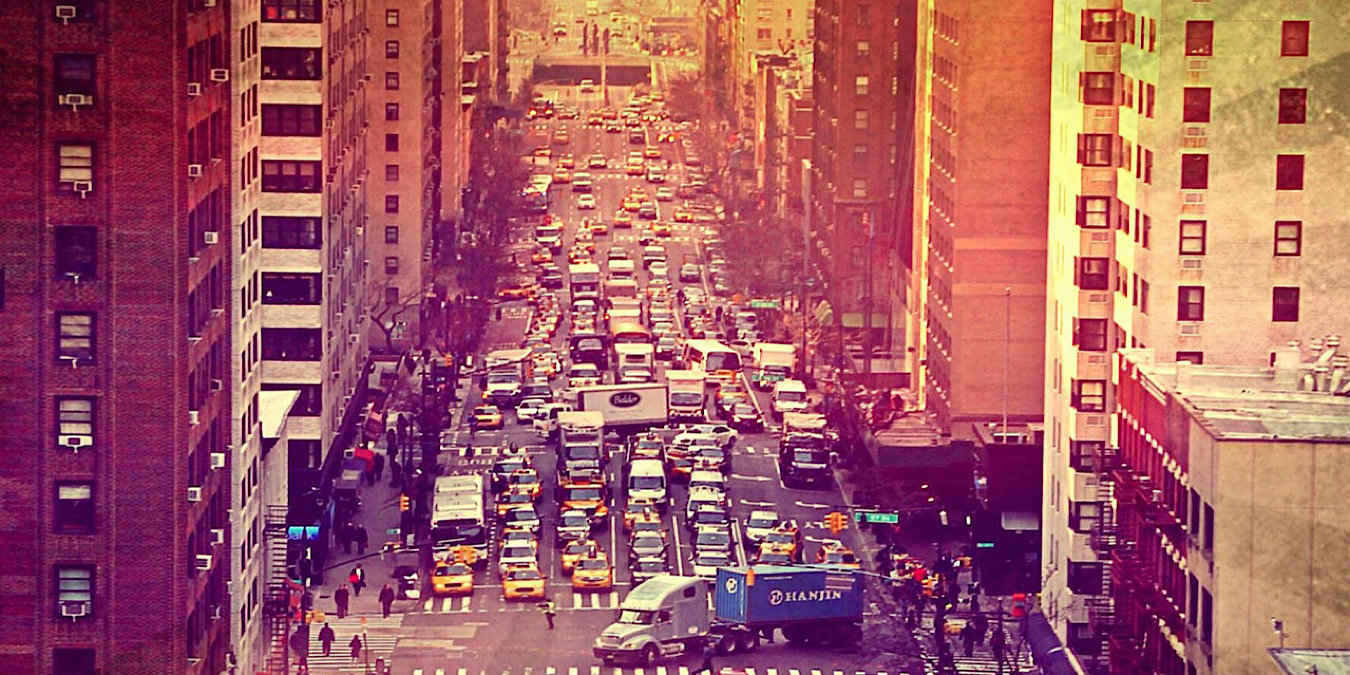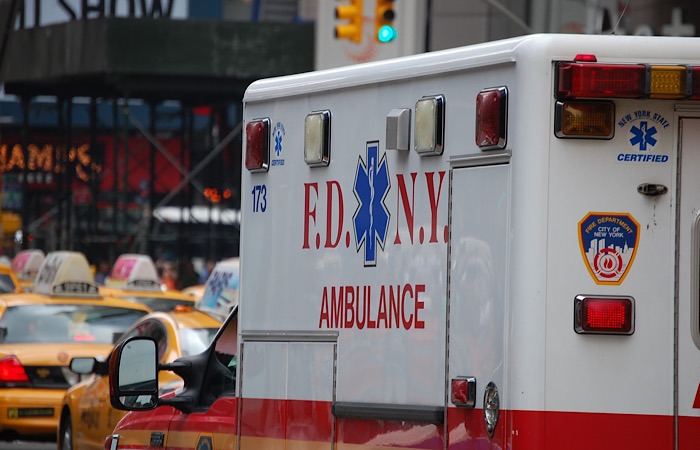
There are definitely many, many concerns still surrounding the idea of autonomous cars used in force in population. There are so many concerns of whether they are as safe as human-driven cars, with constant stories of crashes when people stop paying attention because they let the car take over.
To add to those worries, because they will be part of the Internet of things, researchers are warning autonomous cars could be hacked to where they are forced to cause crashes.
Hacked Autonomous Cars
This isn’t just fender benders we’re worrying about — hacked autonomous cars could lead to fatal accidents. Ambulances may become stuck on congested roadways and not be able to get people to a hospital. A car could be hacked to intentionally cause many damaging things to happen.
“Unlike most of the data breaches we hear about, hacked cars have physical consequences,” explained Peter Yunker, assistant professor and study co-leader at Georgia Tech’s School of Physics in a written statement.
Yunker and his three co-authors of the study simulated the situation of a group of hacked cars and how it would affect traffic in a busy area such as Manhattan, where the streets are on a grid to reduce the chance of commuter gridlock.
Just stalling 20 percent of the cars during rush hour would cause a “total traffic freeze,” according to their research.
Graduate research assistant David Yanni explained that “at 20 percent, the city has been broken up into small islands, where you may be able to inch around a few blocks, but no one would be able to move across town.”
Even if only 10 percent of the vehicles on the road were hacked during rush hour, it would be enough to keep emergency vehicles from making their way through, preventing them from transporting people to the hospital and also preventing them from picking them up.

The research also showed that it doesn’t have to be rush hour for hacked vehicles to lead to problems. The same level of traffic jams would occur with 20 percent of vehicles that were hacked during “intermediate” traffic in the daytime.
The grid in Manhattan helps but that doesn’t mean it’s impervious to being hacked, but of course, cities without grids are in further danger.
Yunker explained that “looking at cities without large grids, like Atlanta, Boston, or Los Angeles … hackers could do worse harm because a grid makes you more robust with redundancies to get the same places down many different routes.”
The researchers suggest that city planners and auto engineers may want to invest in placing smart cars on multiple digital networks to help prevent a cyber threat from terrorists, hackers, and other nefarious individuals so that they won’t have access to every car by just being able to break into one or two networks.
“If you could also make sure that cars next to each other can’t be hacked at the same time, that would decrease the risk of them blocking off traffic together,” added Skanka Vivek, postdoctoral researcher and study lead author.
What About Traffic Lights?
But it could go much further than that. If autonomous cars are on networks that could be hacked, then surely traffic lights could be. They’re already on networks. If those were hacked as well, it could cause complete mayhem. So maybe it’s best to have several networks for them as well, rather than perhaps putting a whole city or neighborhood on one network.
These are just all the things that need to be ironed out before self-driving cars become an everyday occurrence, which makes the day we see them on the road regularly further and further away.
Do you have other ideas (aside from the obvious “let’s not have autonomous cars”) to keep cars and roadways protected from being hacked and causing traffic jams? Add your suggestions in the comments below.







